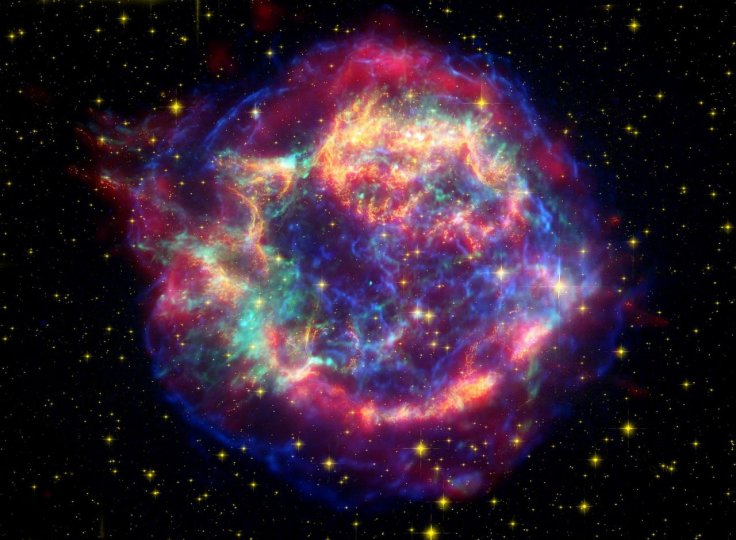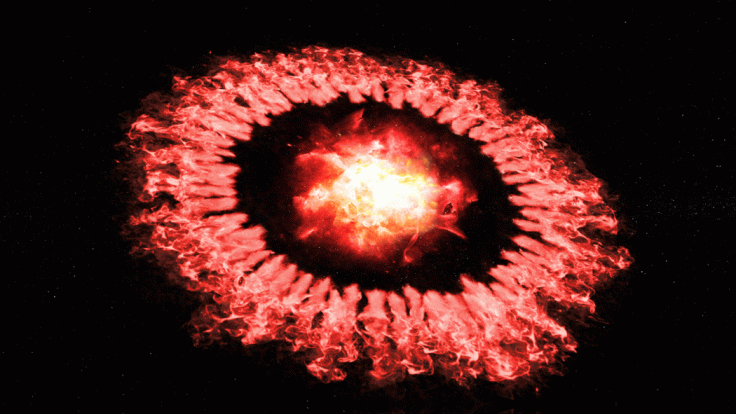Astronomers believe they have discovered the brightest and most powerful supernova event ever recorded and observed. They believe the stellar explosion was caused by two massive stars that merged together.
The study conducted on the powerful supernova was led by astronomers from the University of Birmingham in the UK Their findings were presented in a paper recently published in the journal Nature Astronomy.
Classifying A Rare Supernova Event

The supernova event the astronomers detected has been identified as SN2016aps. According to the scientists, its characteristics strongly indicate that it is a type of rare supernova known as pulsational pair-instability. Although supernova events are regularly discovered, pulsational pair-instability stellar explosions only exist in theory. This means that such an event has not yet been observed and recorded before.
As a pulsational pair-instability, scientists believe that SN2016aps was caused by two massive stars that merged together possibly after a collision. This could explain the power and magnitude of the supernova produced by the two stars' death.
Measuring SN2016aps' Brightness
According to the scientists, the strength of supernova events is usually determined by measuring the total energy released by the explosion and how much of that energy is emitted as observable light in the form of radiation. When the scientists measured these factors in SN2016aps, they learned that its energy and brightness far exceeded those of any known supernova events.
Their discovery led the scientists to conclude that SN2016aps could be the brightest and most powerful supernova ever discovered. "In a typical supernova, the radiation is less than one percent of the total energy," the study's lead author Matt Nicholl explained in a statement. "But in SN2016aps, we found the radiation was five times the explosive energy of a normal-sized supernova. This is the most light we have ever seen emitted by a supernova."
Discovering SN2016aps' Galaxy

As noted by the scientists, SN2016aps was so bright that they were able to spot the galaxy where it was in. In regular supernova events, scientists are able to detect the stellar explosions because they usually belong in prominent galaxies. SN2016aps, however, came out of nowhere. If the stellar explosion did not happen, the scientists would not have discovered the galaxy where it occurred.
"While many supernovae are discovered every night, most are in massive galaxies," Peter Blanchard, the co-author of the study, stated. "This one immediately stood out for further observations because it seemed to be in the middle of nowhere. We weren't able to see the galaxy where this star was born until after the supernova light had faded."









